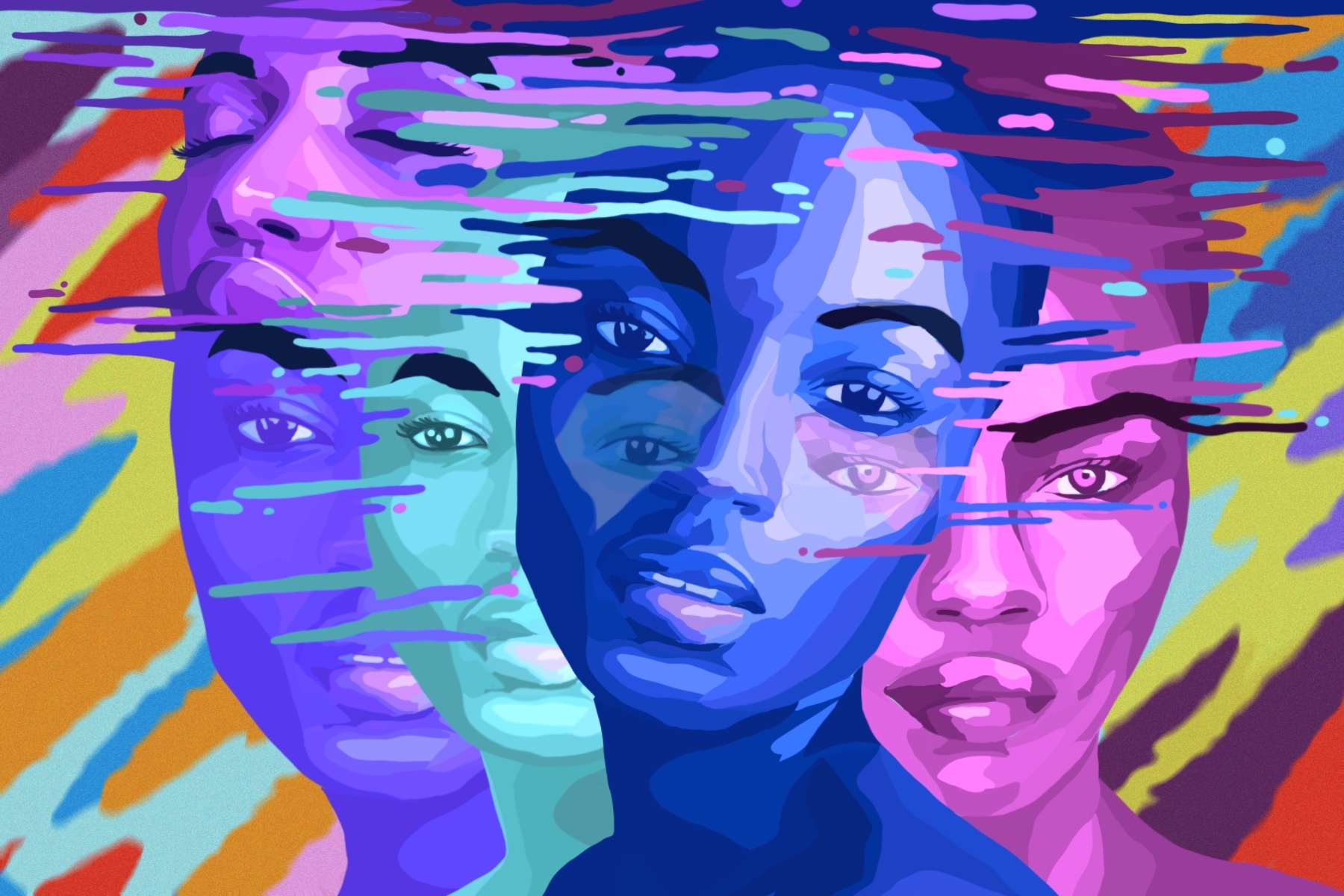I was diagnosed with attention deficit hyperactivity disorder (ADHD) when I was 12 years old. Everyone in my immediate family also has it, which makes my house chaotic to the untrained person. Any clear space is covered in something, noise blares from everywhere and everyone is doing a thousand things at once. If this sounds like your family, then one or more of you might have ADHD.
Let’s talk about some other common, but less well-known, symptoms of ADHD, as well as ways to manage them. While some people may grow out of their ADHD, many adults still struggle because, even when on medication, ADHD controls how people navigate the world.
Time Blindness
People with ADHD can have trouble paying attention to the passage of time. I understand if you don’t follow what I mean; I didn’t understand it at first. Doesn’t everyone take a beat when they realize quarantine has gone on for so long? Well, that’s not quite what time blindness is.
One of the better symptoms of ADHD is a little thing called hyperfocus. When I get excited about a task, I am in it, and it takes something jarring to pull me out, like a knock on the door.
Hyperfocus is basically an extreme version of being “in the zone.” Of course, you can hyperfocus on something that you shouldn’t, like a YouTube spiral. You have no choice in what provides you satisfaction at any given moment.
If you’re in a hyperfocus situation, the passage of time is kind of irrelevant. You might even have trouble turning it off to do things like eat, drink or go to the bathroom, no matter how badly you need to.
Even if you aren’t in such a situation, it’s easy to over or underestimate how much time you need to get ready, complete a chore or do anything else. It’s like your entire life is the “over-dick-around” scene from Netflix’s “Set It Up.”
To help manage time blindness, I am obsessive about using my Google calendar, with alerts on both my phone and my laptop. I also shoot to be early to things by at least five minutes, so if I have to run to the bathroom or I get stuck in traffic, I have a bit of a cushion.
Motivation
Some people can say to themselves, “Okay, after I do my reading for class, I can have a snack,” and then actually follow through on it.
But people with ADHD might read for a few minutes, get bored and then just go get the snack. Then they might go on TikTok while they eat the snack so they don’t get crumbs on their book, and in half an hour, when their roommate returns, they realize they’ve only read one page out of 50.
Motivation and self-regulation issues can also manifest in procrastination of tasks where your attention isn’t captured sufficiently. Cleaning, for example, is one of mine. Then there’s the annoying feeling of extreme procrastination, only for the task to take 15 minutes.
I set timers and calendar alerts to help manage it. Both were especially helpful with remote learning. With the timers, I normally set them to the nearest quarter-hour mark and had to work until the timer went off. Then I would get a 5-10-minute break, and then I would do it again. For classes that met infrequently or required asynchronous work, I would set a calendar period as if I were actually in class. When the alert chimed, off to “class” I went.
Staying on Track
When quarantine started in March, I set two major goals that I wanted to accomplish before returning to school in September, in addition to completing my to-do list. I would finally learn more than chords on my guitar, and not only would I work out consistently at home, but I would become a runner, too.
I have not completed my to-do list. I learned one song on guitar. I have only gone on four runs, and I have not gone on one since May.
People with ADHD are always hopping from one thing to the next. It makes long-term goals difficult to stick to and habits easy to break. Coupled with time blindness, answering the question “Where do you see yourself in five years?” can be nearly impossible.
One way I try to manage it is by setting fake deadlines for long-term projects. If it’s something like an essay for a class, I put a date in my calendar a day or two before it’s actually due to provide some breathing room. Since I’ll likely procrastinate anyway, I either trick myself into getting it done early, or I earn another day of procrastination when I remember my trick.
While routines are hard to stick to, even 1% is better than 0%. Be gentle with yourself, but also hold yourself accountable. It can be a difficult balance, but it’s an important one.
Comorbidity With Other Disorders
Oh, boy. Anxiety disorders, conduct disorders, sleep disorders, autism spectrum disorder, learning disabilities, substance abuse problems and mood disorders can all co-occur with ADHD. The main neurotransmitters implicated in ADHD are dopamine and norepinephrine, and both are implicated in many other disorders, which is why it’s so easy to develop comorbidities.
Personally, I have comorbid generalized anxiety disorder. The artist ADHD Alien has some great comics about the daily struggle with ADHD, but, for me, the one on the relationship between ADHD and anxiety hits closest to home.
Why I didn’t get diagnosed until 28 and was told I’m “too quiet” to have ADHD✌️
(Alternative title: How instead of getting ADHD treatment I developed Anxiety to cope)#adhd #adhs #tdah #comic #comics pic.twitter.com/JrO2W5MD2f— Pina✨ADHD Alien Comic (@ADHD_Alien) August 9, 2019
The best way to manage a comorbidity is to pay attention and get help when you need it. If you have a family history of learning disabilities or mental health problems, check in with yourself about symptoms. If you go to a therapist for a mood or anxiety disorder, make sure your therapist knows you have ADHD. Finally, pay attention to what medications you take. I take the antidepressant Wellbutrin, which is considered an “off-label” treatment for ADHD.
Rejection Sensitive Dysphoria (RSD)
RSD is basically like an extreme version of having trouble taking criticism. Even the perception of criticism or rejection can trigger a spiral of anger, self-hatred or shame. Feeling like you’ve let someone down can also trigger it. For some, it feels almost physically painful. It can even mimic a mood disorder and trigger suicidal thoughts.
Like people on the autism spectrum, people with ADHD are classified as neurodivergent; they experience the world in a different way. It’s easy to fall into a mindset of needing to be cured, so you can pass in society as “normal.”
Of course, treatment of other disorders can fall into such a trap, but the symptoms of ADHD govern a wide variety of neurological processes where deviation from the norm can make you feel like an outcast. RSD, for example, turns people into intense perfectionists and people-pleasers so as to avoid feelings of rejection.
Like with a comorbidity, pay attention to when you feel your RSD has been triggered. Medication and therapy can help, but so can knowing that you’re not alone.
If you think you need to be tested or to go to counseling for ADHD, you can search on Psychology Today, filtering for psychiatrists and therapists in your area with experience treating it. They may be able to prescribe medication, depending on their certification.
If you do have ADHD, you may be eligible for support through both on-campus counseling centers and student accommodations offices, so reach out to them, too. Remember that you are not alone. Having a name for it may seem small, but it can make a huge difference.

















